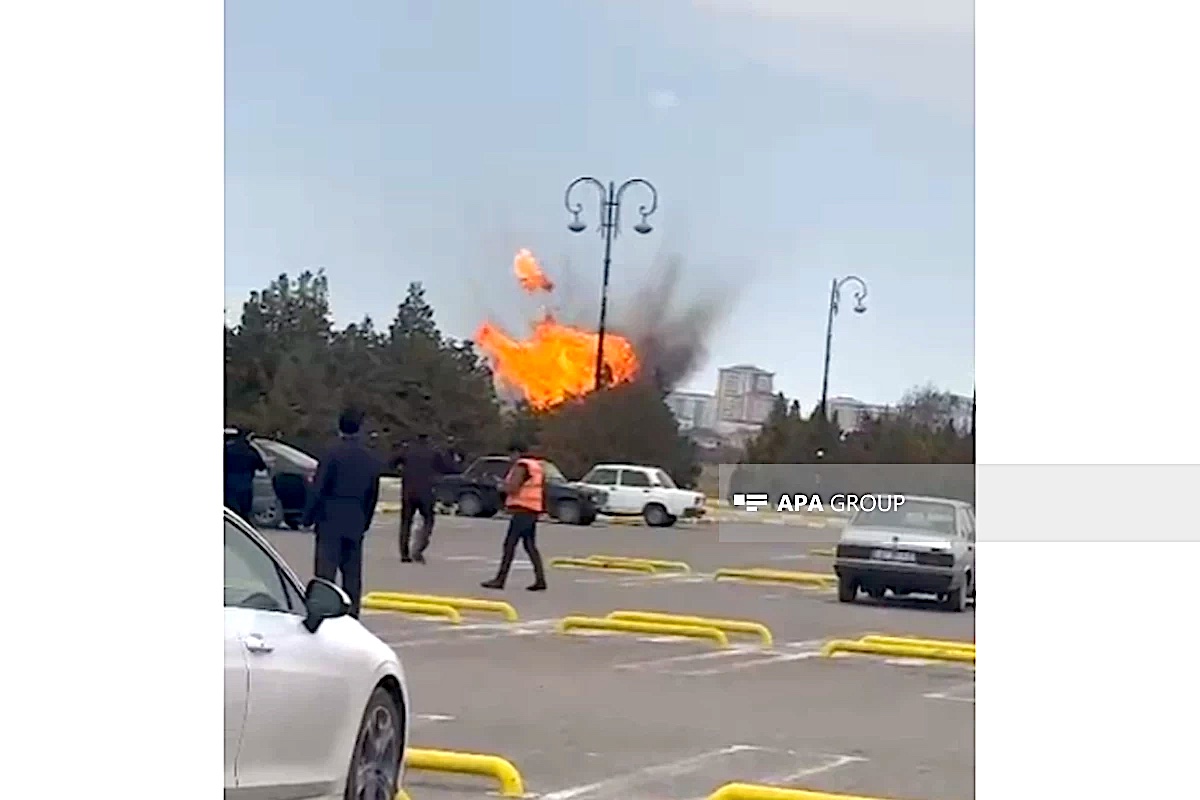Double-digit inflation instead of double-digit economic growth: Armenia's economy in 2021
In 2021, inflation in Armenia exceeded government’s forecasts, Prime Minister Nikol Pashinyan stated during a cabinet meeting on December 30. Here is how the head of government explains the failed attempt to ensure high economic growth over the past year.
In March 2020, Minister of Economy Vahan Kerobyan promised double-digit economic growth, and if it was not possible to ensure it, he assured that he would resign.
Now the minister says that, while speaking of double-digit growth, he did not account for such a high level of inflation.
- Has Armenia’s economy ‘almost recovered’? Minister expects double-digit growth by end of year
- Cost of living rises steeply in Armenia
- Unexpected benefits of COVID-19: how some Armenian businesses benefit from pandemic
Slightly over 4% – instead of 10%
The 2021 budget envisioned economic growth of 3.2% versus a 7% decline last year, which implied about 10% growth. According to the forecast of the Central Bank (as of December 14), the annual growth would have amounted to 4.2%.
On July 1, Prime Minister Pashinyan talked about 6% economic growth. The government’s five-year program, approved in August, envisaged a growth of at least 7% this year.
The head of government explains the high inflation rate with the consequences of the coronavirus. He says that the entire world economy is facing problems, not just Armenia.
“Since in 2020 the production enterprises did not work for months, there was a reduction in production, and when demand recovered, it exceeded supply”, PM Pashinyan said.
The Prime Minister of Armenia presented the problem using the example of cars that the government needed to purchase for the patrol service:
“It turned out that there is a shortage of cars on the market – and we faced great difficulties. There is a shortage of cars, chips, everything, and as a result, prices go up”.
The final results of the year have not yet been summed up, but the Minister of Economy admitted that expectations were more positive than “what we saw at the end of the year”.
Like the prime minister, Minister of Economy believes that extremely high inflation is a consequence of the recovery in demand, this is what “significantly reduced real growth in comparison with nominal”:
“I thought we would have big growth, and with these calculations it was difficult to assume that we would have such high inflation”.
Vahan Kerobyan recalled that in November last year, inflation was about 1%, and in December – 3.8%.
According to Kerobyan, if it was not for inflation, the country’s economy would be closer to double-digit growth than it is now.
He called his promise of double-digit growth “shock optimism” that needed to be instilled in people after the pandemic and defeat in the Karabakh war.
The minister gave an evasive answer to the questions of journalists about his promise to resign. According to him, if the prime minister and the political team are dissatisfied with his work, they “will not wait for his resignation”.
Budget revenues have grown
Summing up the economic indicators at the final meeting of the government, Chairman of the State Revenue Committee Rustam Badasyan said that as of December 30, the revenues of the 2021 state budget were ‘overfulfilled’ by 146 billion drams [about $ 306 million].
He also presented record figures for refunds, noting that 182 billion drams [about $ 382 million] were returned to taxpayers, mainly in a form of VAT.
According to Rustam Badasyan, compared to 2020, the revenues of the budget increased by 14.5%, and compared to 2019 – by 8.3%.
Expert commentary
Economist Suren Parsyan believes that it was unrealistic to restore the 2020 decline to 7.4% in 2021.
He recalled the data published by the statistical committee, according to which in January-November 2021, compared with the same period of the past, economic activity increased by 5.2%:
“This growth is mainly due to the indicators of a significant decline in November last year. It must be stated that […] during 2021, the Armenian economy was unable to fully recover”.
According to the economist, the reason for inflation is an increase in international food prices, as well as “the failure of the government’s agricultural program”, which led to a decrease in local production:
“Instead of double-digit economic growth, we now have double-digit inflation”.


















